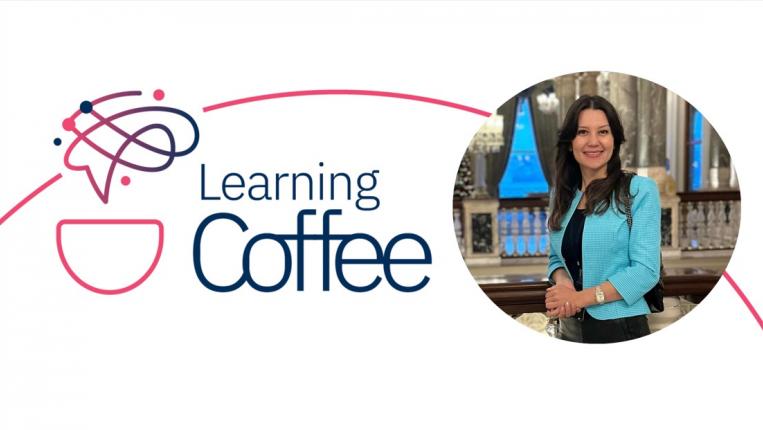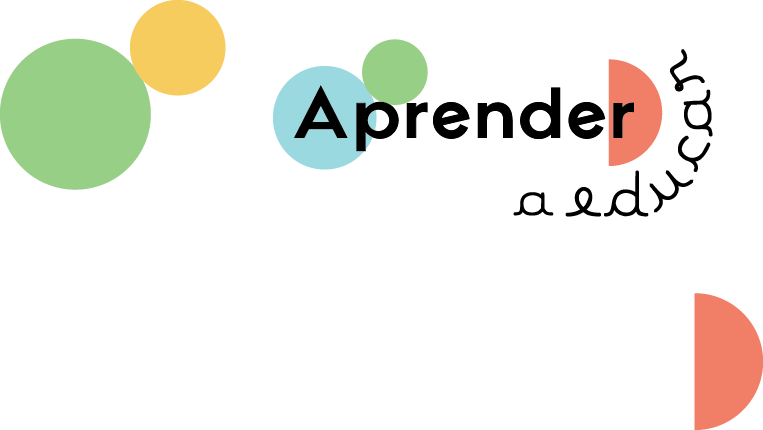A study by the Faculty of Education and Psychology of the Universidade Católica Portuguesa (FEP-UCP) has just validated an innovative tool for assessing the psychological well-being of Portuguese adolescents at school. The research, published in the journal “School Mental Health”, opens the door to more effective and personalised psychological health screening in Portuguese schools.
The study, whose first author is Rosário Serrão, involved participants from 10 Portuguese schools and aimed to adapt and validate the 'Student Subjective Wellbeing Questionnaire (SSWQ)' for the national context. This questionnaire assesses four basic dimensions of student well-being: “enjoyment of learning”, “attachment to school”, “educational purpose” and “academic effectiveness”.
Promising results for Portuguese schools
The results of the research showed that the Portuguese version of the SSWQ is a reliable and valid tool for assessing the well-being of 3rd cycle school students. The tool was found to be invariant to gender and year of schooling, which means it can be used with confidence with all students.
“This is the first time that a universal screening tool for psychological health and well-being in schools has been validated for the Portuguese population. The main practical implication is that the Student Subjective Wellbeing Questionnaire can now be used by schools, namely by school psychologists, both to screen for well-being at school and to monitor progress in implementing policies to promote psychological health and well-being” says the study's first author, who is also a researcher at the Research Centre for Human Development (CEDH).
It should be stressed that the research contributes to a better understanding of the psychological well-being of Portuguese adolescents and provides schools with an essential tool for promoting their integral development.
In addition to Rosário Serrão, the researchers Pedro Dias (Universidade Católica Portuguesa and CEDH), Ana Andrés (Ramon Llull Universit), Mhairi Bowe (Heriot-Watt University) and Tyler Renshaw (Utah State University) contribute to the article "Adolescents' School-Based Universal Well-Being Screening: A Validation of the Student Subjective Wellbeing Questionnaire in Portugal”.





